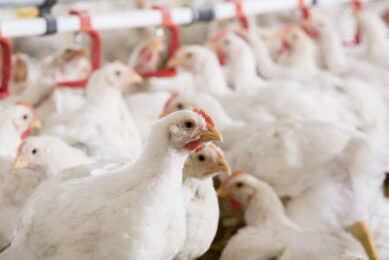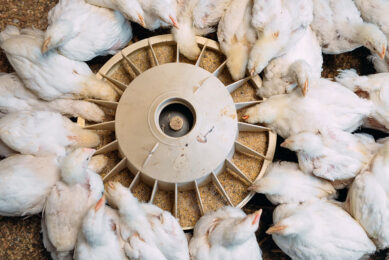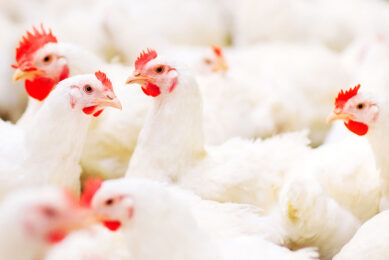Data supports a blended approach to steer poultry gut health
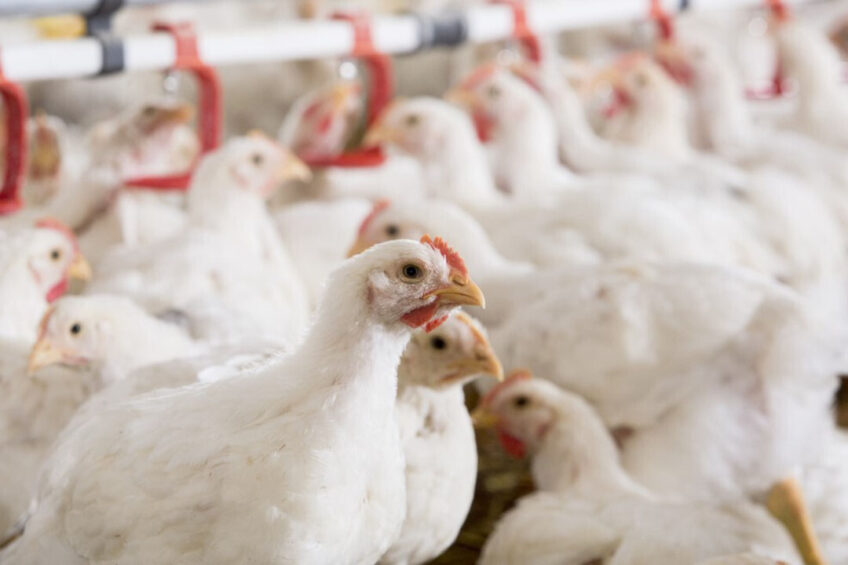
Today’s innovation pipeline is constantly introducing nutritional tools that aim to help poultry producers manage challenges, ranging from high feed prices to chronic enteric issues and stringent environmental regulations. Given the cost of the poultry diet, it is essential that these innovations deliver value and a demonstrated return on the producer’s investment.
More than 10 years of research studies conducted with broilers around the globe have validated the performance of Selko Presan. The blended feed additive is designed to support bird gut health and help flocks achieve their productivity potential.
Multiple scientific studies have yielded data that support its ability to promote enteric health, help reduce the need for antibiotics and maintain production even in challenging environments. Presan-FY has supported efficient feed use and poultry producers’ bottom lines since 2012 with more than 20 billion kilogrammes (kgs) of feed supplemented, fed to more than 5 billion broilers, resulting in more than 1 billion kgs of feed and more than € 3 billion saved by producers.
2-pronged design strategy
As a blended feed additive, the product incorporates carefully selected elements, including medium-chain fatty acids (MCFA), slow-release C12, targeted-release butyrates, phenolic compounds and organic acids with high pKa-values. The combination of components was selected to support 2 essential elements of gut health: gut barrier function and stable gut microbiota.
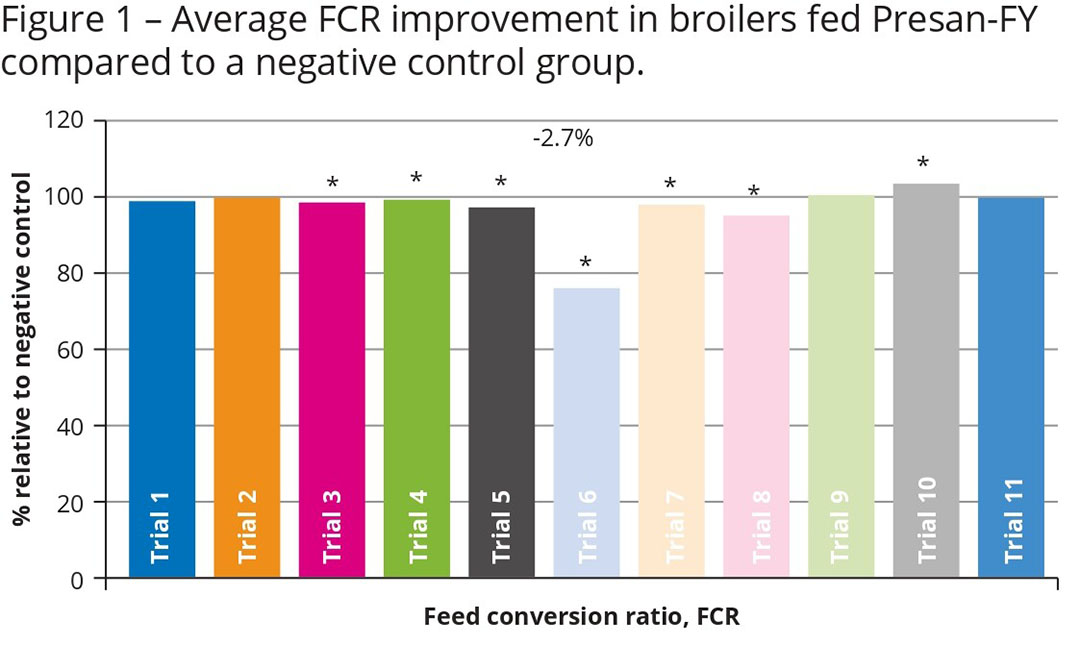
The additive helps strengthen gut barrier integrity by supporting tight junction recovery in the intestinal tract. The small intestine determines which molecules can enter a bird’s bloodstream and tight junctions rely on complicated protein structures to form the barriers between intestinal cells. These structures – comprised of about 40 different proteins – help control what is allowed through the intestinal wall. Additionally, the feed additive also help support villi development. Villi are finger-like projections that increase the absorption capacity and surface area of the gut and work in conjunction with crypts which extend down to the mucosae. An efficiently-working gut wall will have longer villi and smaller crypts.
Additionally, Presan-FY helps stabilise the gut microbiota. Intestinal microbial activity can affect growth efficiency as the microbial community competes for nutrition with the host animal. This situation can also generate unwanted by-products. For example, when undigested protein leaves the small intestine it feeds the microbiota in the cecum which then ferment and generate toxic metabolites. These toxic metabolites can affect cell turnover in the intestinal tract and inhibit growth performance. Increased cell turnover prompts accelerated decay in enterocytes and goblet cells which increases the rate of metabolism and protein synthesis and establishes a larger population of immature cells that are less efficient at absorbing nutrients.
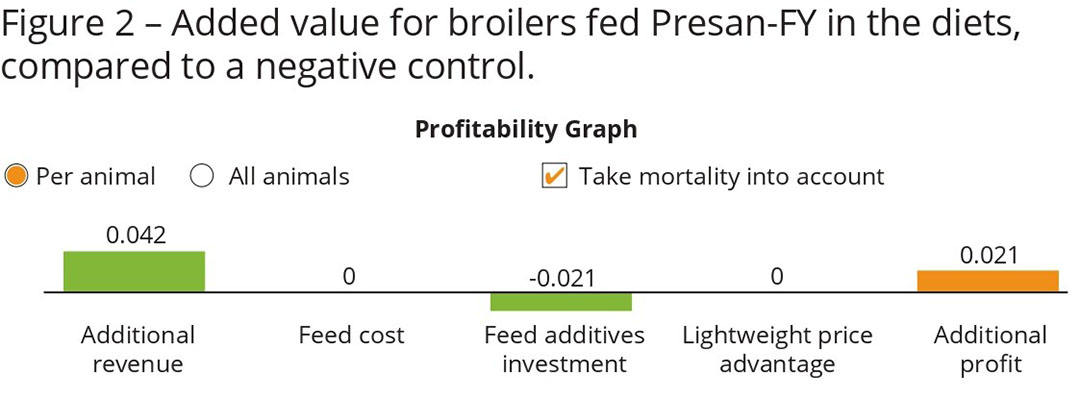
Intestinal microbes can also reduce fat digestibility by deconjugating bile acids which continues to reduce lipid absorption and generates toxic products known to inhibit bird growth. The blend of ingredients is designed to manage these challenges. The additive works to reduce bacterial counts thereby reducing the competition for nutritional elements and helping to prevent undigested protein from fermenting in the cecum where it can generate toxic metabolites. Lower bacterial counts limit the rapid turnover of enterocytes and goblet cells and the more mature intestinal cells help to improve the efficiency of nutrient absorption and enzyme secretion. This also reduces the catabolism of bile acids and thus supports better fat digestion.
A stable microbial community has been linked to better feed conversion ratios in both healthy and challenged broilers. Increased diversity of microbial genera is understood to offer birds improved resistance and support better production potential because of the different roles that microbiota play in the gastro-intestinal tract. Various microbes are known to have different roles in the bird. For example, specific microbes generate compounds that influence the digestive process and gut integrity, support the development of host-defense mechanisms and out-compete colonisation by pathogenic bacteria.
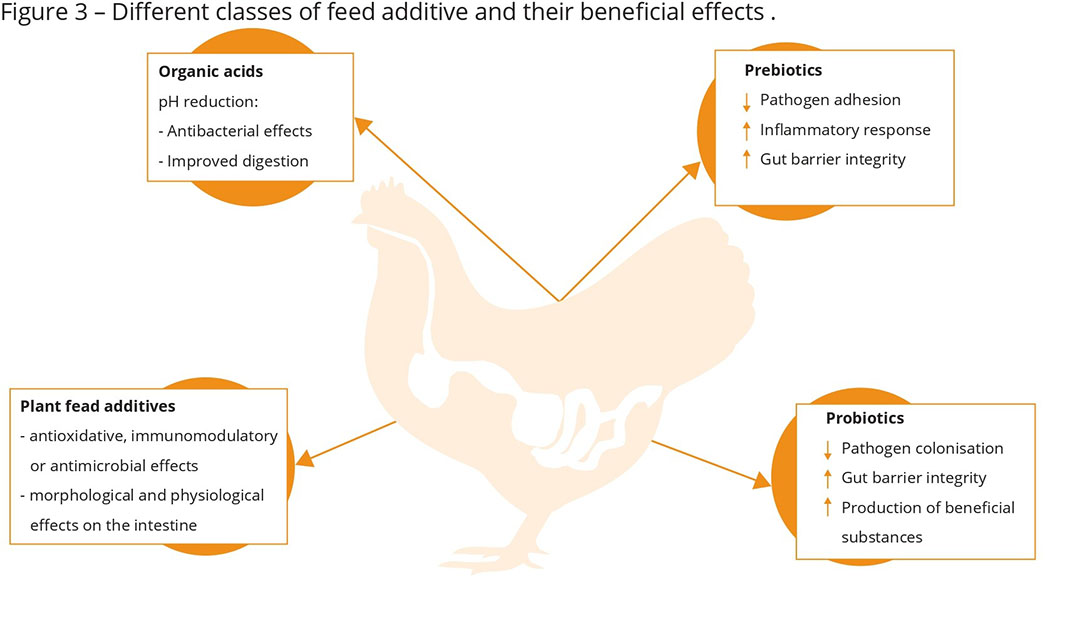
Research and results
Research completed on over 40,000 broilers in multiple countries since 2012 has established the positive influence that Presan-FY can have on bird health and performance, along with documenting consistent improvements in feed efficiency. The results show that, on average, a consistent improvement of 2.7% in feed efficiency is achieved (Figure 1). This efficiency improvement results in an added value of € 0.021 per broiler (Figure 2).
Comparative trials
With the increased interest in feed additive use in poultry production, many products make claims about their modes of action and how they improve intestinal health and productivity. Different components are known to influence birds and protect them from various challenges. For example, organic acids provide an antibacterial effect and support improved digestion. Prebiotics can reduce pathogen adhesion and support gut barrier integrity. A blended feed additive that combines multiple ingredients can help deliver positive results in multiple areas. The combination approach aims to deliver a response that is greater than could be achieved with separate supplements.
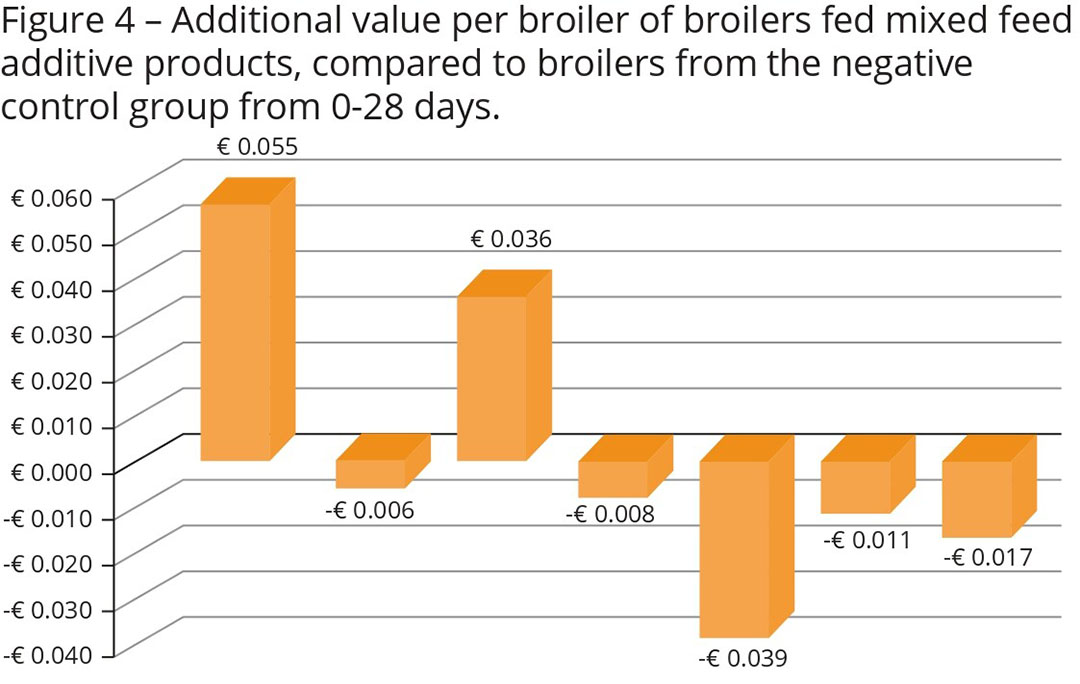
Highest economic value per bird
When Presan-FY was compared to other feed additives in a trial done it was found to provide better support to broilers facing a challenge and raised without antibiotics or coccidiostats. Birds receiving the product also demonstrated the highest value per bird in terms of the cost of the additive.
Providing flocks with a blended feed additive that is tailored to support gut health and integrity, and includes ingredients that address multiple aspects of the gastro-intestinal tract, helps maintain profitability and bird performance – even in challenging or stressful situations. More than 10 years of studies have shown that this support can provide cost-effective aid to producers seeking to reduce the use of antibiotics on their farms, while supporting birds with more stable digestive systems that enhance performance and defend against challenges.



